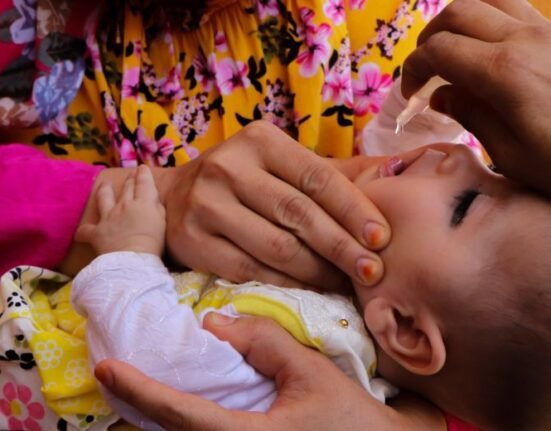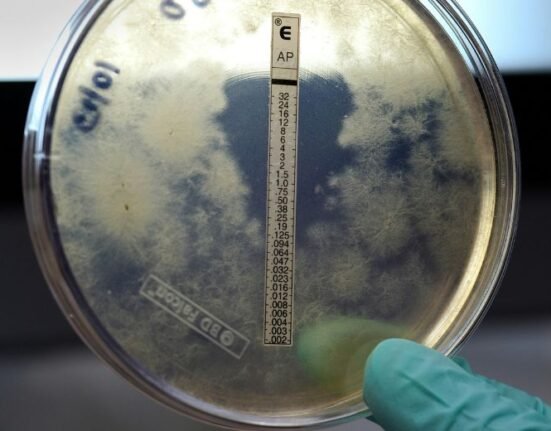HQ Team
May 23, 2024: The US Centers for Disease Control and Prevention (CDC) has warned that Muslim pilgrims traveling for the annual Haj could be at risk for meningitis as many cases have been reported in Saudi Arabia.
Twelve cases of meningococcal disease linked to the Kingdom of Saudi Arabia travel for the pilgrimage have been reported–United States (5 cases), France (4 cases), and the United Kingdom (3 cases).
Ten cases involve patients who traveled to Saudi Arabia, and two were in people who had close contact with recent travelers. Two cases were in children, four in young adults ages, four in middle-aged, ages 45-64, and two in adults aged 65 or older, the CDC said.
The Haj is an annual pilgrimage, scheduled to occur June 14 to 19 this year, in which between 2 to 3 million Muslims travel to Mecca.
The KSA requires all travelers above the age of 1 to be vaccinated for meningitis. But nine of the reported twelve cases were unvaccinated, the CDC said.
Meningitis
Meningitis is a deadly disease with 10 to 15% mortality rates even after antibiotic treatment, according to the CDC
The disease is caused by an inflammation of the lining of the brain and spinal cord. Symptoms can include fever, headache, stiff neck, nausea, vomiting, light sensitivity, and altered mental status, the CDC said.
Symptoms worsen rapidly and can become life-threatening within hours, the CDC noted.
The United States recommends meningitis vaccination for teenagers and for travelers to countries where meningitis outbreaks are occurring. This could include a booster dose for those who had their last vaccination three to five years before.
Hajj outbreaks
The most recent global outbreak of meningitis associated with travel to Saudi Arabia for Haj was in 2000-2001, the CDC said. Since then, Saudi Arabia requires all travelers provide documentation of meningitis vaccination. But, there are lapses due to the large congregation during Haj.
Any close contact with people with meningococcal disease should be treated with antibiotic chemoprophylaxis within 24 hours after exposure, regardless of immunization status, recommends the CDC.
Source : U.S. Centers for Disease Control and Prevention, travel health notice, May 20, 2024








